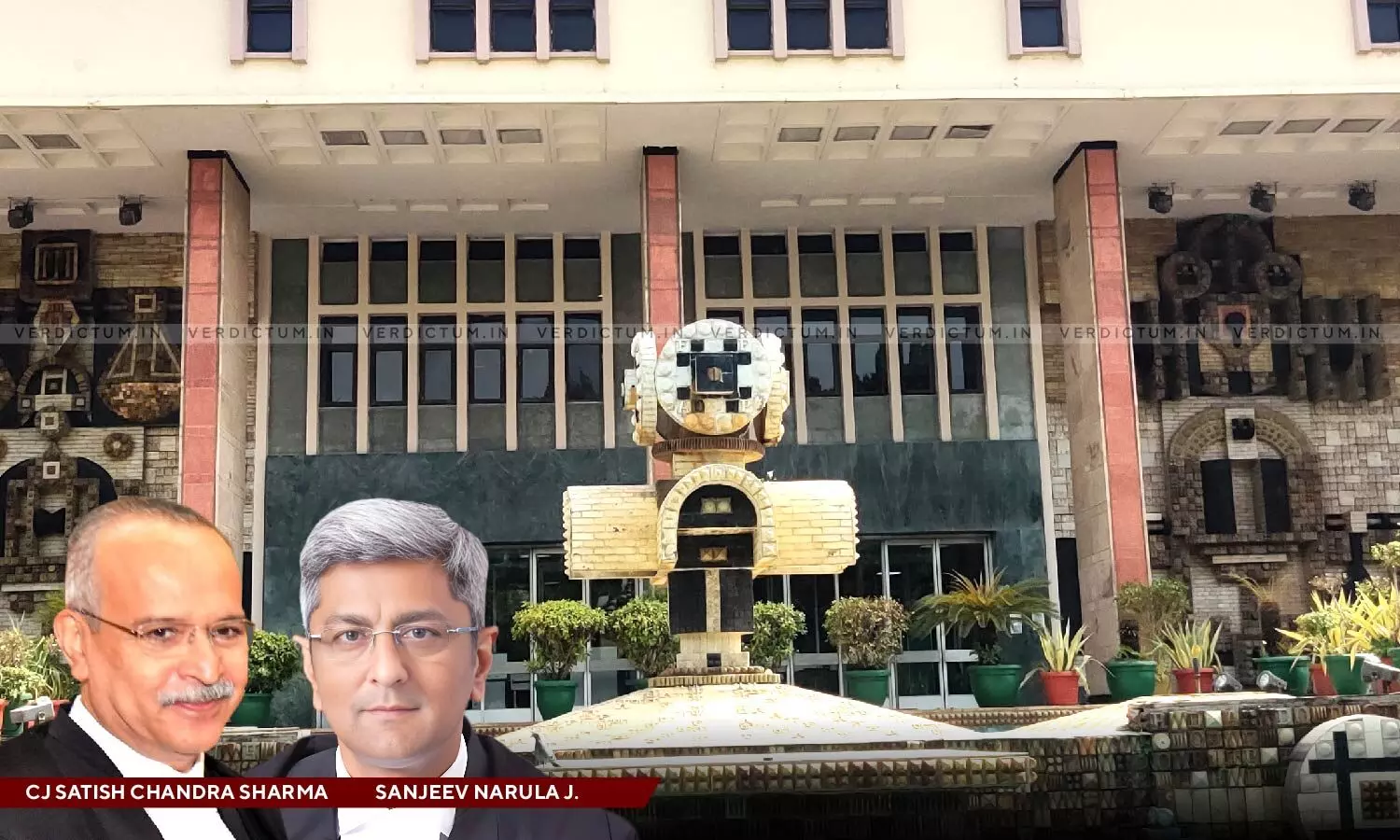
Electricity Act | Recipient Of A Concession Without Vested Right Cannot Seek Continuation Of Waiver: Delhi High Court
 |
|The Delhi High Court held that exemptions or concessions granted to a recipient under the Electricity Act, 2003 (Act), who does not have any vested legally enforceable right, cannot seek continuation of the grant of waiver.
The Court dismissed a Writ Petition filed by Juniper Hotels Private Limited challenging the order of the Delhi Electricity Regulatory Commission (Commission). The Commission had issued new regulations that increased the Renewable Purchase Obligations (RPO) and revoked the exceptions granted.
The Bench headed by Chief Justice Satish Chandra Sharma and comprising Justice Sanjeev Narula held, “Therefore, the recipient of a plain concession without a vested legally enforceable right cannot seek continuation of the grant of waiver, except to enjoy the benefits during the concession period of the grant”.
Advocate Pushti Gupta appeared for Juniper Hotels Private Limited (Hotel/Petitioner) and Advocate Sanjeev Mahajan appeared for the Delhi Electricity Regulatory Commission (Commission/Respondent).
The Commission issued new regulations that increase the Renewable Purchase Obligations (RPO) from 9% to 21.35% of total annual consumption. This required certain entities, to source a minimum percentage of their total annual consumption of electricity from renewable sources. The new regulations also remove the exemption from Wheeling Charges, Transmission Charges, Cross Subsidy Surcharge, and Additional Surcharge benefits for Open Access Consumers. The Hotel opposed the new regulations, claiming that they violated due process of law and created an oligopoly that affects competition and fairness in the power sector. Aggrieved, the Hotel approached the Court by way of a Writ Petition challenging the order of the Commission.
The Court reiterated that delegated legislation cannot travel beyond the scope of the substantive provisions of the parent statute. However, the Court noted that the Hotel has not raised any other issue apart from the order being ultra-vires.
The Bench noted, “It is a well-settled principle that delegated legislation cannot travel beyond the substantive provisions of the parent statute; however, apart from merely raising the challenge on ultra-vires, the Petitioner has failed to lay out any foundational facts or legal grounds to demonstrate any failure in the due process”.
Furthermore, the Court noted that Section 63 of the Electricity Act (Act) does not specify bidding as the only mechanism for the determination of tariffs. The Court observed that the Commission followed the transparency principle enshrined under Section 63 of the Act. The Court asserted that the Commission floated public notices for each draft version while considering suggestions, and comments from the Stakeholders, before publishing such updated regulations.
Additionally, the Court held that exemption from wheeling, transmission, and additional surcharge for the open access consumer cannot be claimed as a matter of right. The Court referred to the Dictum of the Supreme Court in the case of State of Rajasthan v J.K. Udaipur Udyog Ltd. [(2004) 7 SCC 673] and reiterated that such exemptions are a matter of privilege and are not entitled to seek such as a matter of right.
The Court observed that the recipient of a plain concession without any legally vested enforceable right cannot seek continuation of such benefits. The Commission had passed the impugned order to promote renewable energy while avoiding subsidizing tariffs of retail consumers, the Court added. The Court emphasized that the government bodies inherent have the power to review policy decisions, to allow them to adapt and evolve to changing circumstances.
“However, to promote renewable energy in Delhi while also avoiding subsidizing tariffs of retail consumers, the Respondent Commission in Delhi has allowed the benefit of waiver of transmission charges, cross subsidy surcharge, additional surcharge to Open Access Consumers to the extent of their RPO compliance”, the Bench held.
Accordingly, the Court dismissed the Petition.
Cause Title: Juniper Hotels Private Limited v Delhi Electricity Regulatory Commission And Anr (2023:DHC:7994-DB)